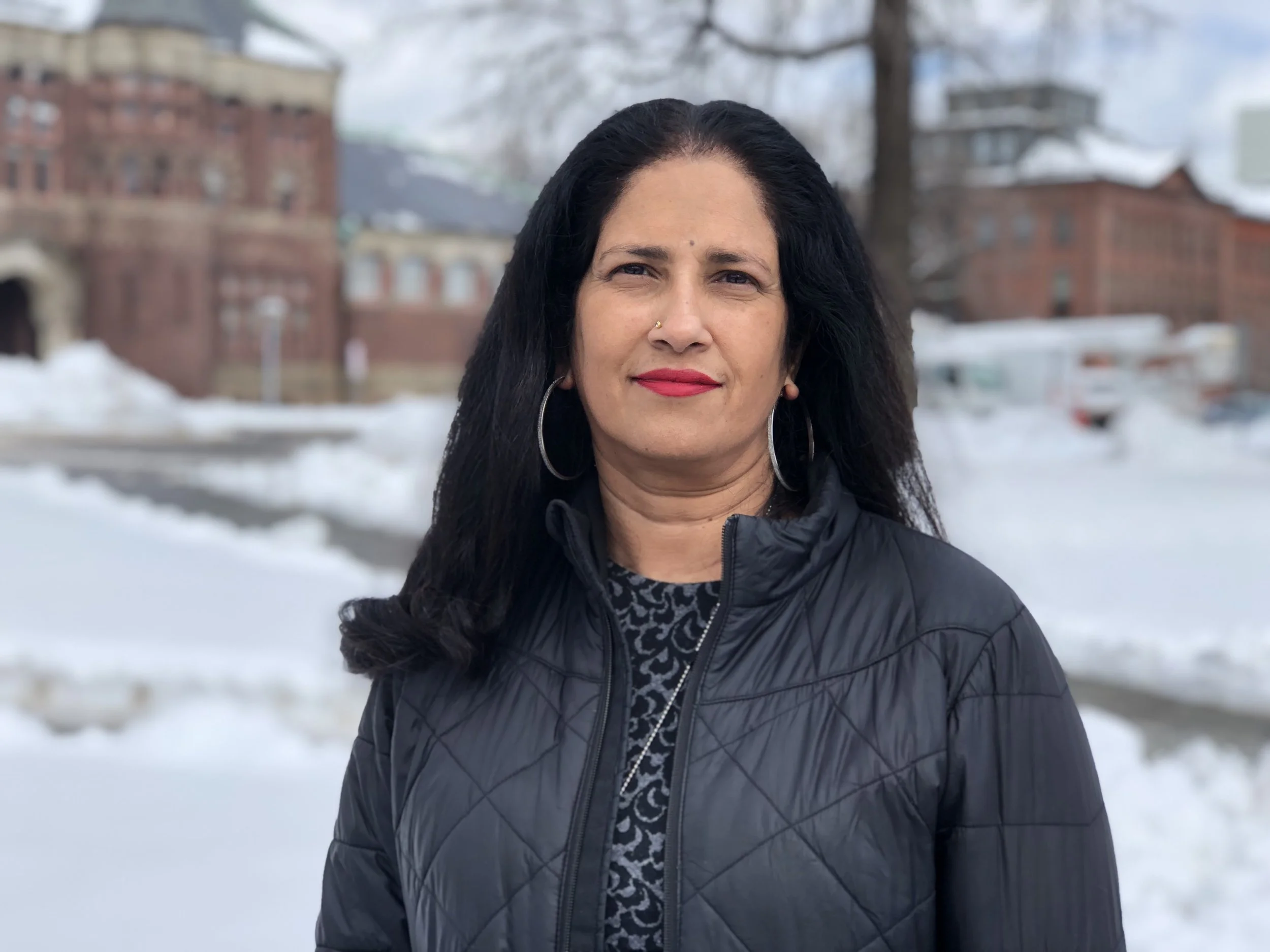Scaling the Model: A New Collaboration Looks to Advance "Whole Child" Learning
/Andres Virviescas/shutterstock
Since its founding four years ago, the Chan Zuckerberg Initiative has underwritten a number of education initiatives. It’s invested in tech-heavy personalized learning and also given for a growing array of efforts, including supports for teachers and an early-childhood, web-based reading program. Closer to home, CZI has funded The Primary School, an East Palo Alto private school founded by Priscilla Chan serving about 275 students under age seven.
The Primary School is emblematic of an educational setting enriched and infused with wraparound services such as healthcare, wellness programs, family engagement efforts, and support from community organizations. It reflects a “whole child” approach that, as we’ve reported, stands near the center of CZI’s education giving. Early intervention in the lives of children is also key to The Primary School’s model.
“Starting early is critical, especially in underserved communities,” said Courtney Garcia, CEO, at The Primary School. It is, she said, “really working to stretch the boundary on what it means to support the whole child” through such things as engaging kids as young as 18 months and working closely with local health centers.
At the same time, the goal of The Primary School has expressly been replication “to create a game-changing system of care for children that can be replicated across the country,” its website says. In that way, it also functions like a lab school—a place where innovations can be tested and refined before sharing or spreading.
An Effort Grounded in Research
As part of The Primary School’s drive to deepen its learning and scale its work, it and CZI recently announced a collaboration with Sesame Workshop on a classroom curriculum to “help early childhood educators meet the academic, social-emotional, physical and mental health needs of their students.” The curriculum will “integrate social-emotional learning into early childhood literacy lessons in accordance with Sesame Workshop’s Framework for School Readiness, with a specific emphasis on language development and comprehension.” The effort is grounded in decades of research and development by Sesame, a longtime pioneer in early learning.
The new curriculum reflects CZI’s interest in using technology to enhance learning, along with its embrace of the whole child approach. While it will be digitized to boost accessibility, it’s high-touch, teacher-led effort focused on emotional well-being.
“As students get frustrated, this [curriculum] is a process for them to take a moment and breathe for themselves or work with a teacher to calm down. That gives us the opportunity to support an integrated approach,” said Dr. Brooke Stafford-Brizard, director of Whole Child Development at CZI. “We are deeply focused on providing teachers with the strongest and most accessible tools to do this, and we know we need to partner with expertise in domains like neuroscience and psychology, and the best way to build these is to partner with educators from the start.”
The new collaboration is being fueled with a $450,000 grant from CZI to Sesame to partner with The Primary School to develop, test and ultimately deploy the new curriculum. That’s modest on both sides. As examples, CZI’s early reader program is a $30 million effort and Sesame has received two grants of $100 million in recent years for its work on education with refugee children.
Steve Youngwood, the president of media and education and COO at Sesame Workshop, said the conversation with The Primary School started three years ago, “just as Priscilla Chan was developing new innovations around whole child… they [The Primary School staff] were trying to build a curriculum from scratch.”
Subject-wise, emotional well-being in early childhood is right in the bullseye of all three partners, so this collaboration isn’t so surprising. And because the whole child approach isn’t new, the impact may not lie in content but in the promise of scalability—a factor everyone highlighted.
Looking to Scale
“Our partnership with Sesame Workshop is a commitment to go beyond one school and one community to working with hundreds of communities,” said Garcia. “Since our founding, we’ve had no plans to start 100 schools; instead, it’s really unique that we can work with partners to reach more educators and families.”
Youngwood said, “We are always looking for innovators to work with—those who are research-driven and have the resources to scale it to a significant and wide segment of kids. And what’s nice about this, one reason we like the project, is our long-term approach and confidence that, in success, there’s a path to scaling the impact.”
That was echoed by CZI. “Our work on the education team is focused on ensuring that every student, not just the lucky few, has an education that’s tailored to their needs,” said Stafford-Brizard at CZI. “Since Sesame pioneered the process of continual improvement, they were powerful partners to bring this curriculum to life and to ensure we can bring it to many more students in the coming years.”
For now, that scalability remains only a promise. The curriculum is still in pilot testing and development, and its broad availability may not be imminent. “We’re still in chapter two or three,” said Youngwood. “We built it… and we’re still in pilot, doing research on the efficacy to grow it to a whole bunch of schools,” he said.
“The role that we play is a setting in which we’re testing, iterating and providing feedback,” The Primary School’s Garcia said.
Powerhouse Partners
In addition to the deliverables and potential impact, the leaders in this joint venture say the nature of the collaboration is itself noteworthy: “It’s another great example where philanthropic partners with complementary skill sets can work together to achieve a goal versus thinking they need to do it all by themselves,” Youngwood said. “We are doing that more and more often.”
It will be some time before we find out whether this partnership of well-resourced and well-known education powerhouses can hit the trifecta of innovation, impact and scale—especially with such a teacher-driven, personal approach. If it works, if they can, it could be a promising pathway for the education innovations reformers have spoken about for decades, but been hard-pressed to deliver.







































